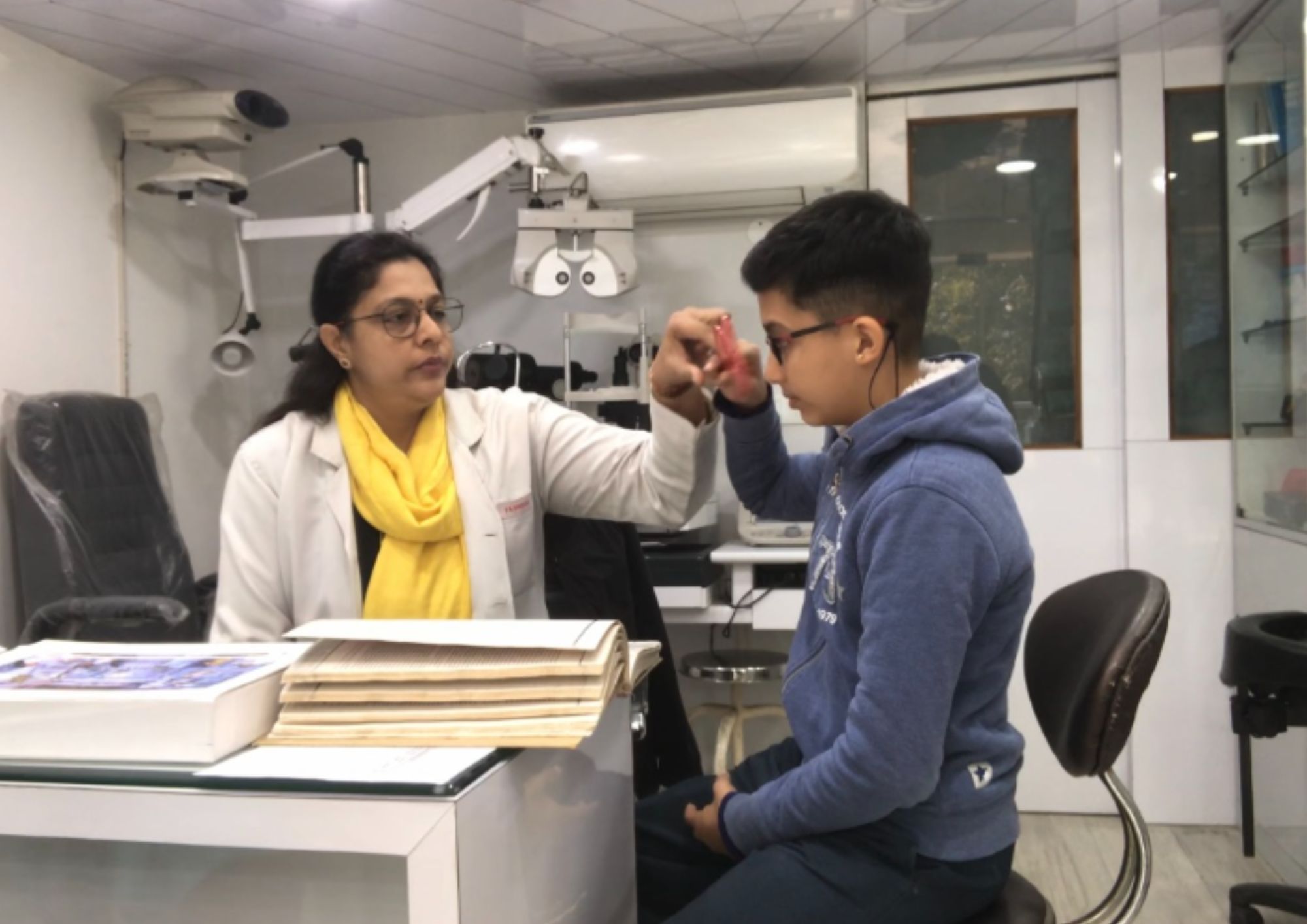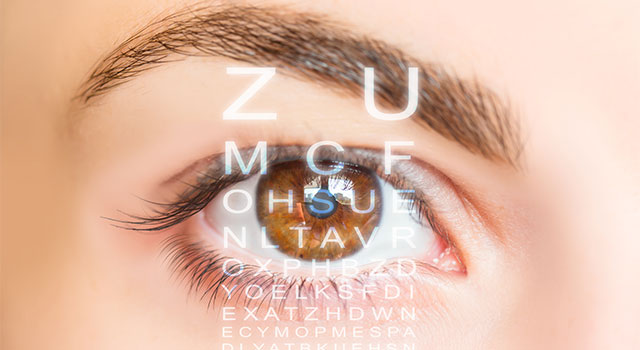Expert Glaucoma Service Near Me: Advanced Therapy Options
Expert Glaucoma Service Near Me: Advanced Therapy Options
Blog Article
Comprehending the Various Eye Issues Treated by Specialized Eye Care Professionals
In the realm of eye treatment, specialized specialists play an important function in diagnosing and treating a broad variety of eye conditions. From typical refractive mistakes that affect vision quality to age-related conditions that pose challenges as we grow older, the know-how of these professionals reaches taking care of vision-threatening illness and complex corneal disorders. Additionally, the complexities of neurological eye problems present unique challenges that require specialized care. As we start this expedition of the various eye problems dealt with by specialized eye care specialists, it becomes noticeable that the complex web of ocular health holds a myriad of interesting understandings waiting to be uncovered.
Typical Refractive Mistakes
Refractive errors prevail aesthetic conditions caused by a flaw in the eye's ability to appropriately focus light, resulting in blurred vision. One of the most prevalent kinds of refractive errors consist of nearsightedness (nearsightedness), hyperopia (farsightedness), astigmatism, and presbyopia. Nearsightedness occurs when the eyeball is as well long or the cornea is as well curved, triggering remote challenge appear blurry. Hyperopia, on the other hand, takes place when the eyeball is as well brief or the cornea is as well level, resulting in close-by things running out emphasis. Astigmatism is defined by an irregularly shaped cornea, causing altered or obscured vision whatsoever distances. Presbyopia is an age-related problem where the lens sheds its flexibility, making it tough to concentrate on close items.
These refractive errors can be fixed via different techniques, including glasses, contact lenses, or refractive surgery. Eye care specialists play a critical function in detecting and taking care of refractive mistakes to help individuals attain more clear vision and boost their lifestyle.
Age-Related Eye Problems
As individuals age, their eyes may be at risk to a selection of problems beyond refractive mistakes that can affect their vision and general ocular health and wellness. Age-related eye conditions prevail and can substantially impact the quality of life for older grownups. One of one of the most common age-related eye conditions is age-related macular deterioration (AMD), a disease that creates main vision loss and can make activities like analysis and driving tough. refractive surgeries in al. Cataracts, an additional usual condition among older people, trigger clouding of the eye's natural lens, leading to blurred vision. Glaucoma, identified by damages to the optic nerve, is also much more common with age and can lead to field of vision loss or loss of sight if left unattended. Furthermore, presbyopia, a condition where the eye's lens loses adaptability, is an all-natural part of aging and leads to problem concentrating on close items. Routine eye tests with specialized eye treatment experts are critical for very early detection and administration of these age-related eye problems to maintain vision and preserve eye health as individuals expand older.
Vision-Threatening Diseases
Vision-threatening illness encompass a variety of significant eye problems that have the prospective to dramatically impact an individual's sight and total visual feature. These conditions pose a threat of permanent vision loss if not quickly identified and treated by specialized eye care experts. important source Some common vision-threatening illness consist of glaucoma, diabetic retinopathy, age-related macular degeneration (AMD), and retinal detachment.
Glaucoma is a group of eye problems that harm the optic nerve, commonly because of high intraocular pressure, leading to outer vision loss and possible blindness if left neglected. Diabetic retinopathy is a difficulty of diabetes mellitus that affects capillary in the retina, creating vision problems or blindness. AMD is a progressive problem affecting the macula, bring about central vision loss. Retinal detachment occurs when the retina separates from its underlying tissue, causing sudden vision loss that calls for prompt clinical focus (refractive surgeries in al).
Very early discovery, regular eye tests, and timely intervention are crucial in handling vision-threatening conditions to maintain vision and keep lifestyle. Specialized eye care specialists play an essential duty in diagnosing, dealing with, and handling these problems to stop irreparable vision loss.

Corneal Disorders
Corneal problems incorporate a spectrum of problems that influence the clear front part of the eye, referred to as the cornea. These disorders can lead to discomfort, visual disturbances, and in serious instances, vision loss. look at this web-site One usual corneal problem is keratoconus, where the cornea thins and protrudes external into a cone shape, triggering astigmatism and blurred vision. Corneal dystrophies, such as Fuchs' dystrophy, result in progressive vision loss because of unusual deposits in the cornea. Corneal abrasions, frequently created by injury or foreign items, can bring about pain, redness, and sensitivity to light. Furthermore, infections like keratitis can irritate the cornea, potentially leading to scarring and vision disability if not immediately treated. Therapy for corneal problems differs depending on the details condition but may consist of medications, contact lenses, or in severe cases, corneal transplants. Normal eye exams are important for very early detection and monitoring of corneal problems to protect vision and eye wellness.
Neurological Eye Problems
Neurological eye conditions entail disorders that affect the connection in between the eyes and the brain, affecting aesthetic handling and general eye function. These problems can manifest in different ways, impacting vision, eye motions, and even the control in between the eyes. One usual neurological eye condition is optic neuritis, characterized by swelling of the optic nerve leading to vision loss, shade desaturation, and discomfort with eye activity.
An additional significant condition is nystagmus, where the eyes make repeated, unrestrained movements, influencing visual acuity and depth perception. In addition, problems like amblyopia, frequently referred to as "careless eye," result from uncommon aesthetic advancement in very early childhood years, bring about lowered vision in one eye.
Neurological eye problems require specialized treatment from specialists like neuro-ophthalmologists who have competence in both neurology and ophthalmology. Diagnosis commonly entails a comprehensive eye evaluation, imaging studies, and partnership with specialists to resolve the underlying neurological concerns influencing the aesthetic system. Therapy techniques can consist of medicine, vision treatment, or in serious instances, medical interventions to manage these complicated conditions successfully.

Verdict
Finally, specialized eye care experts treat a wide variety of eye conditions, consisting of typical refractive errors, age-related eye conditions, vision-threatening illness, corneal disorders, and neurological eye conditions - refractive surgeries in al. By comprehending these different problems and seeking ideal treatment from eye care experts, individuals can preserve optimum eye health and wellness and browse this site vision. It is essential to prioritize regular eye evaluations and adhere to recommended treatment strategies to maintain and protect one's vision for the future
Report this page